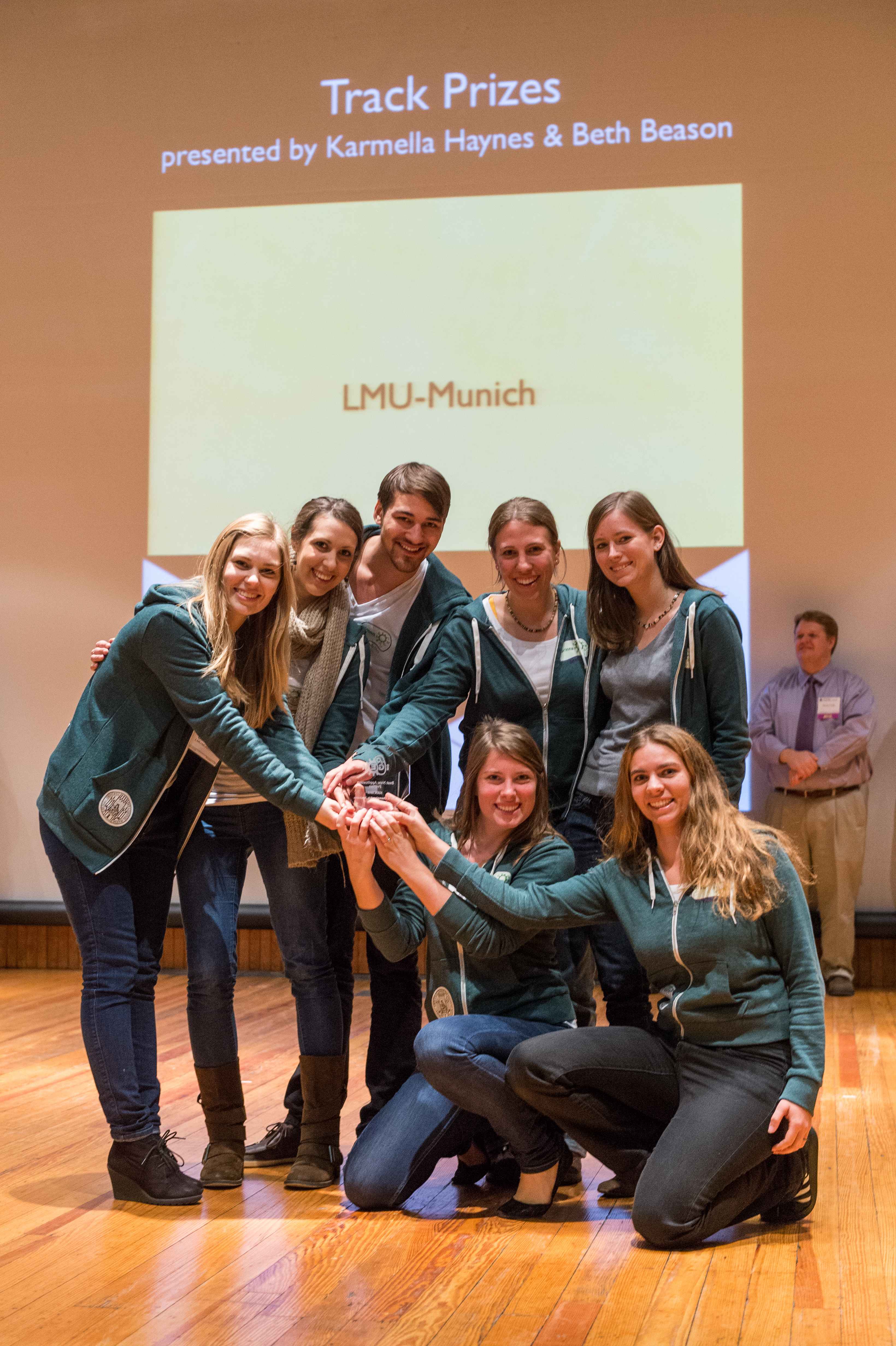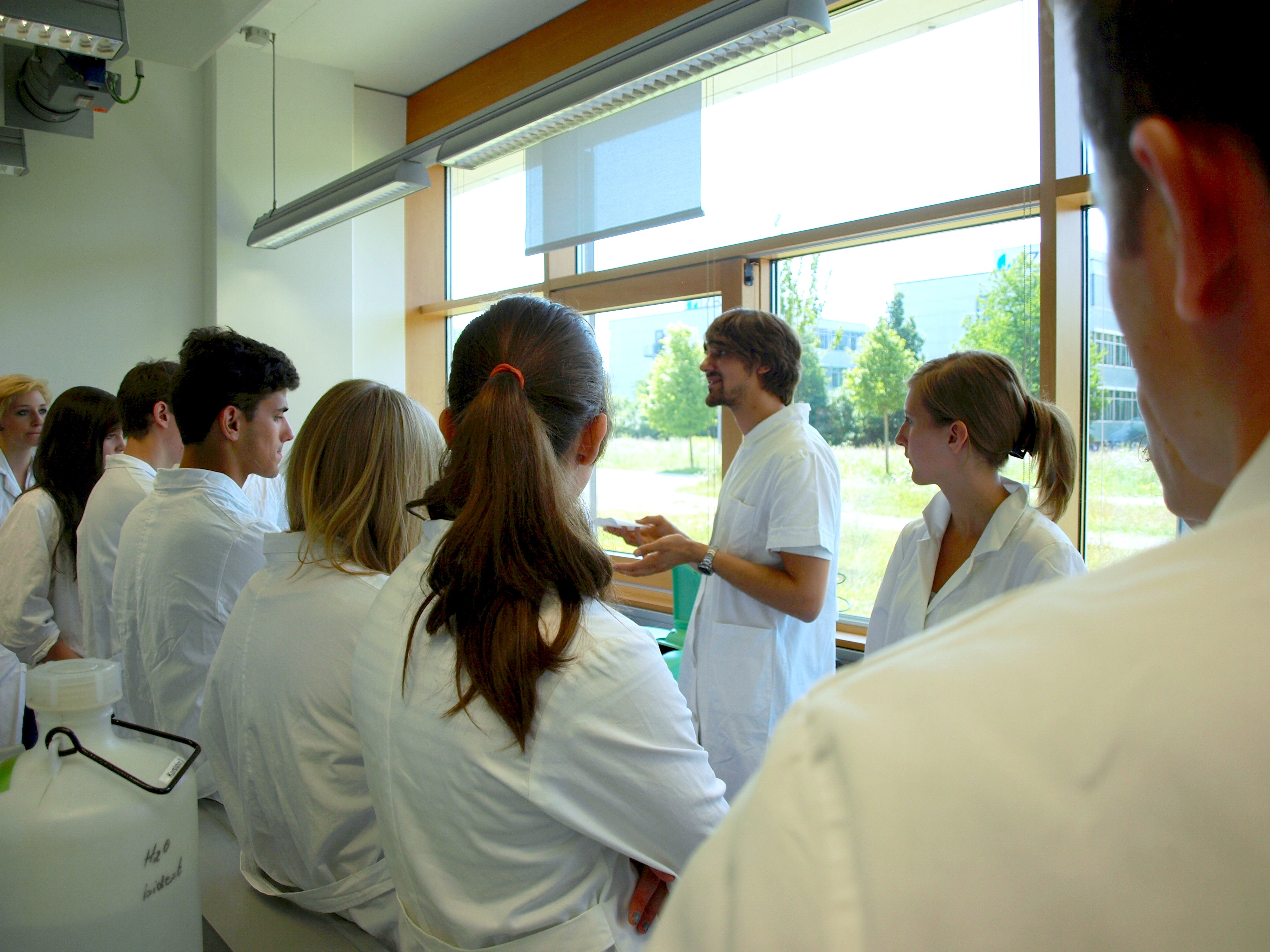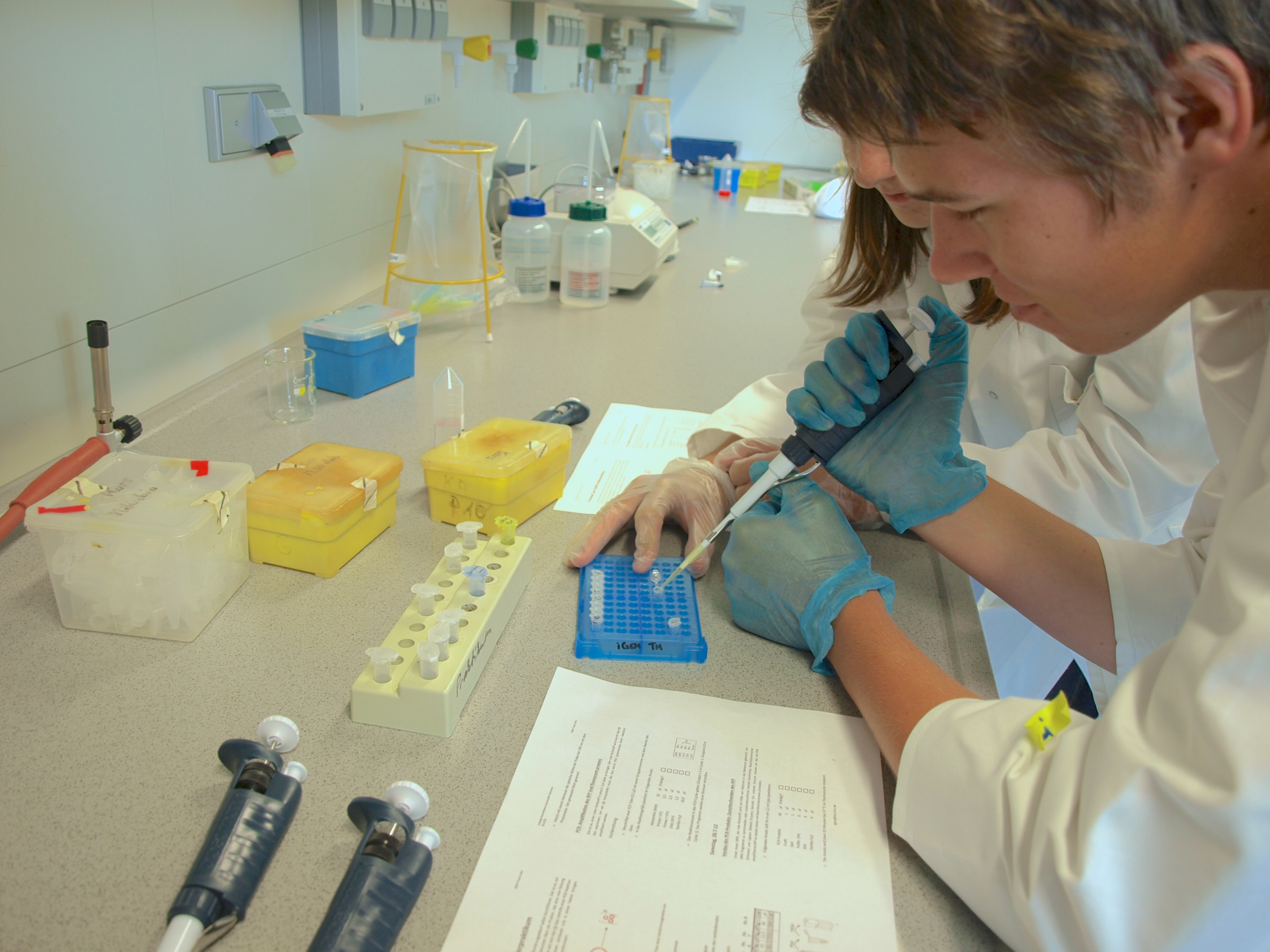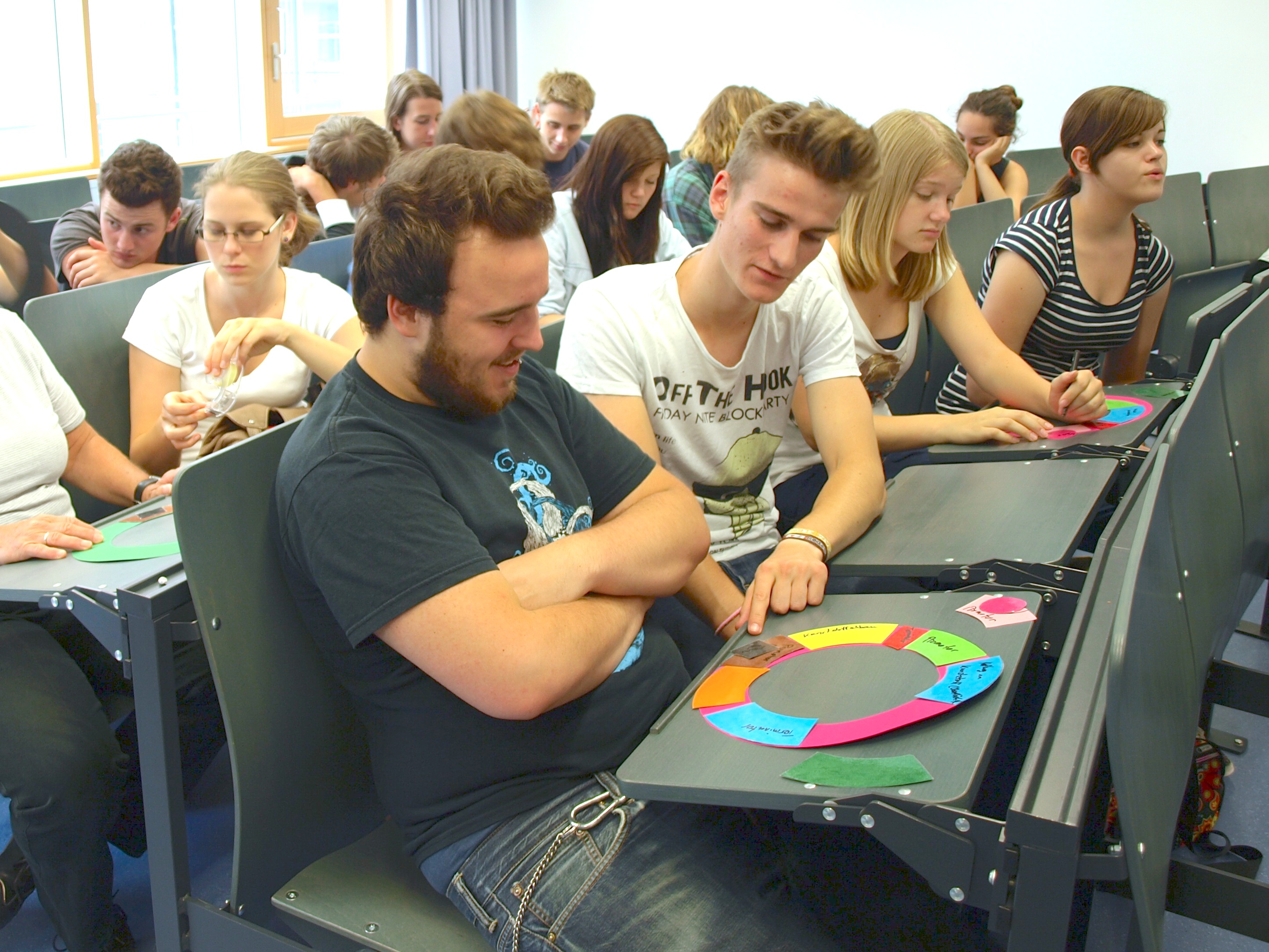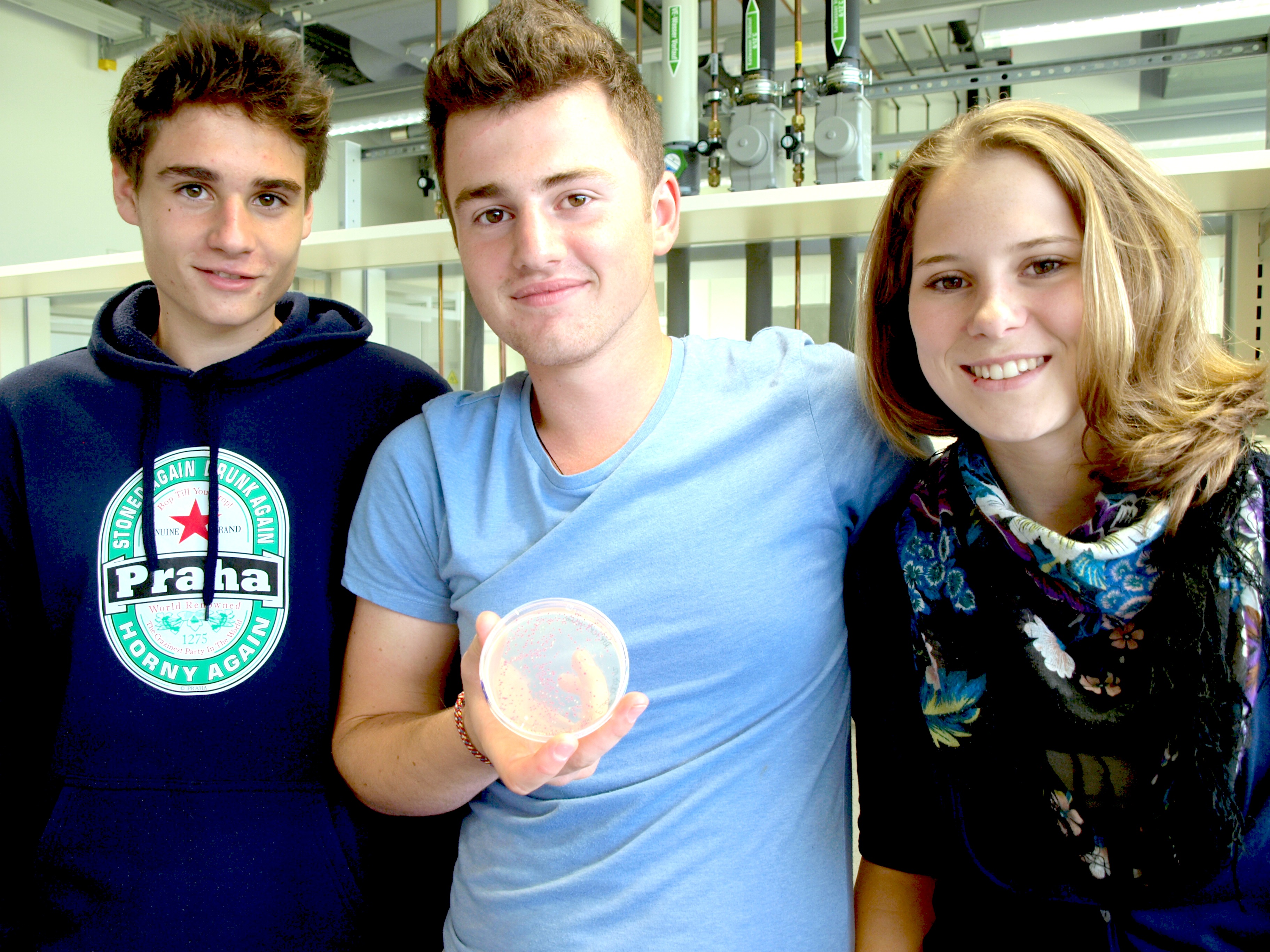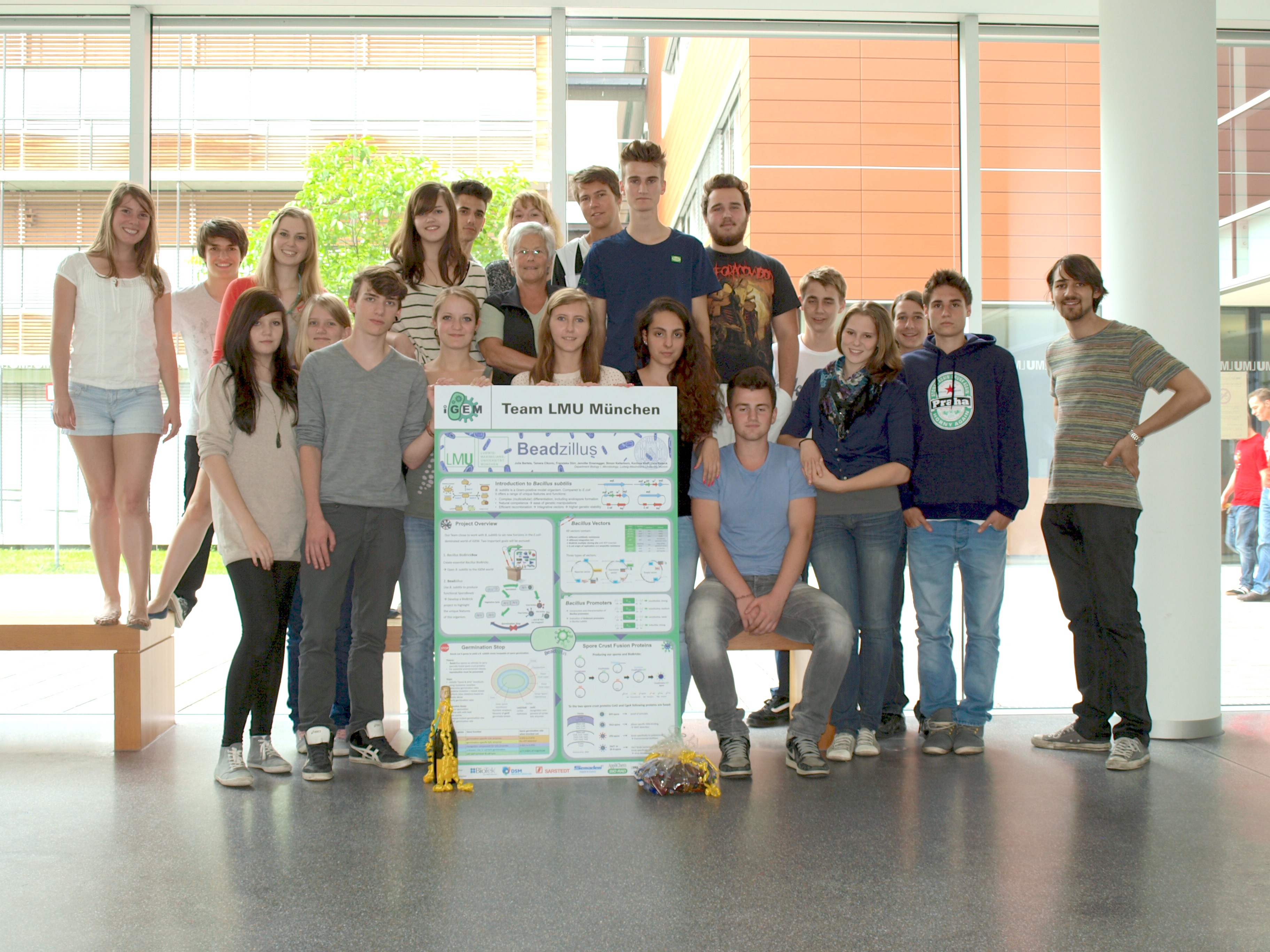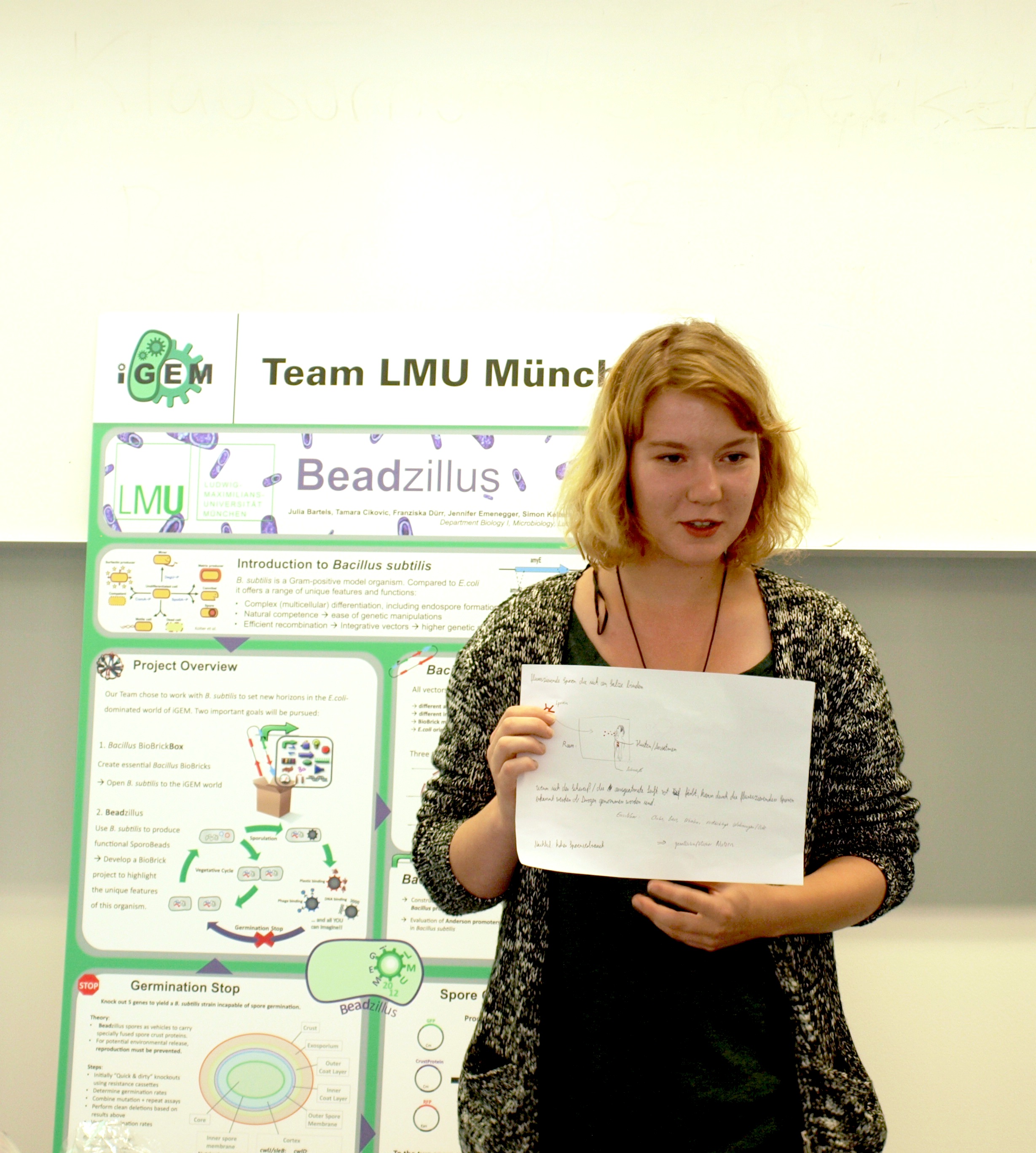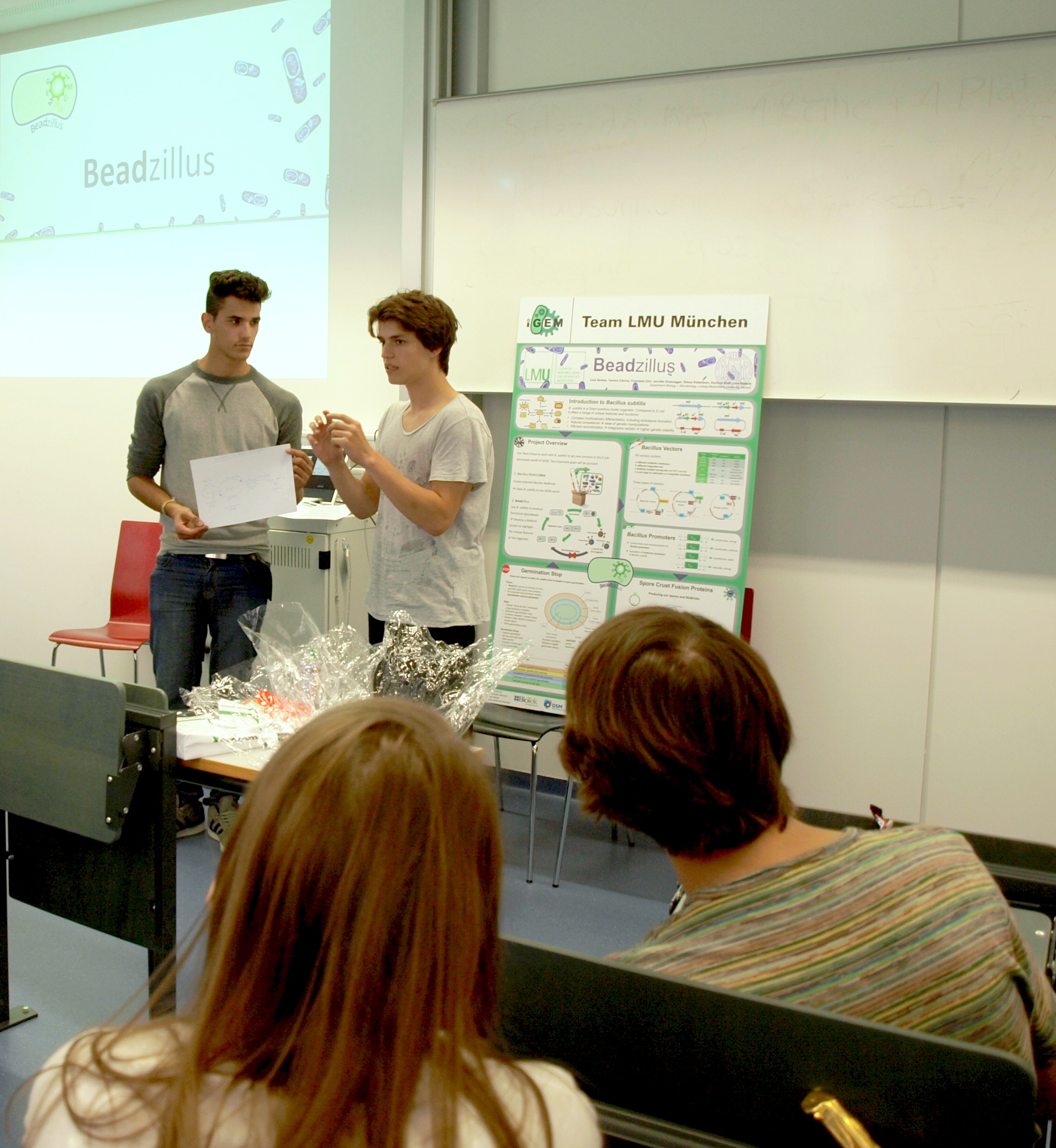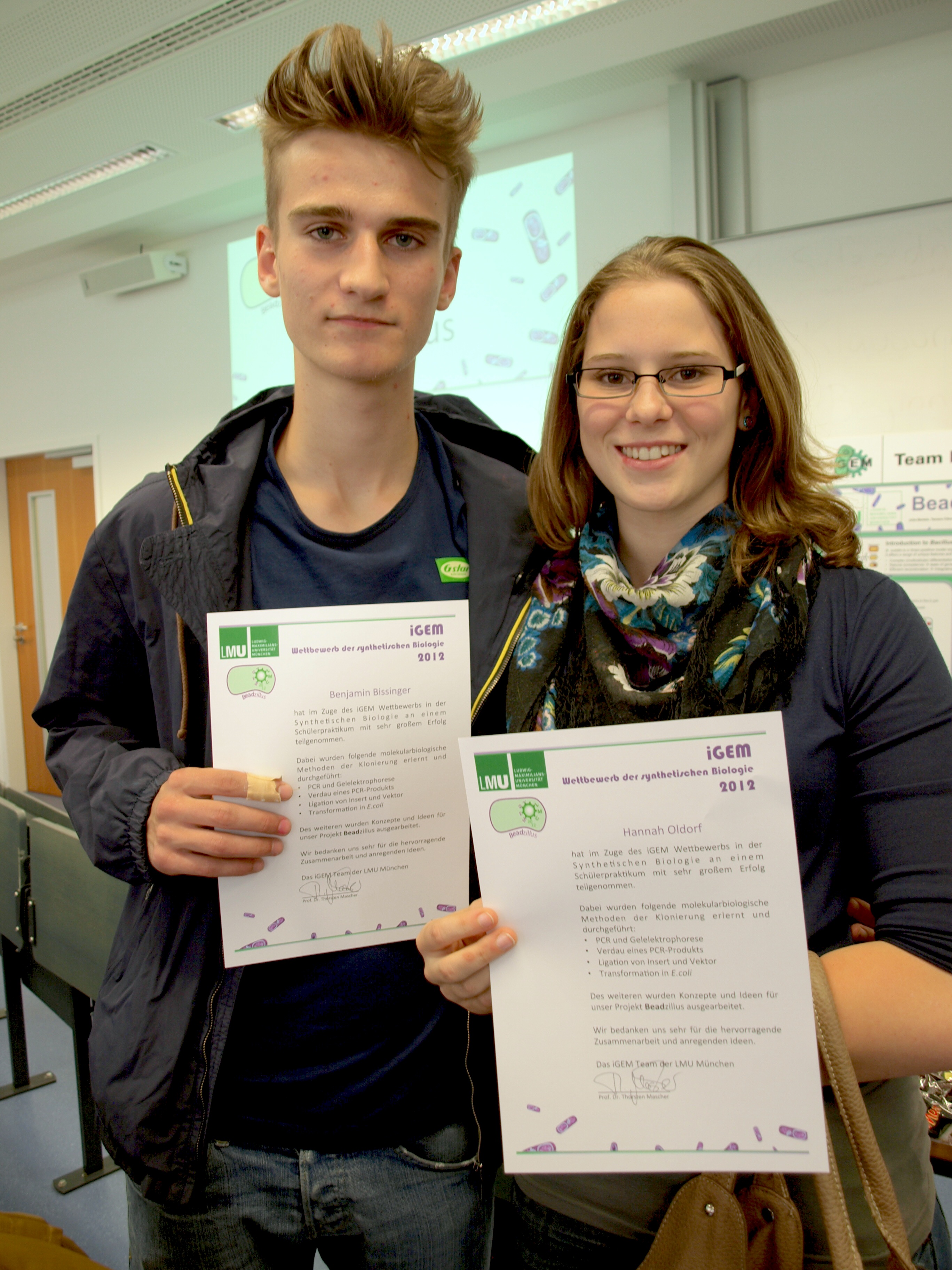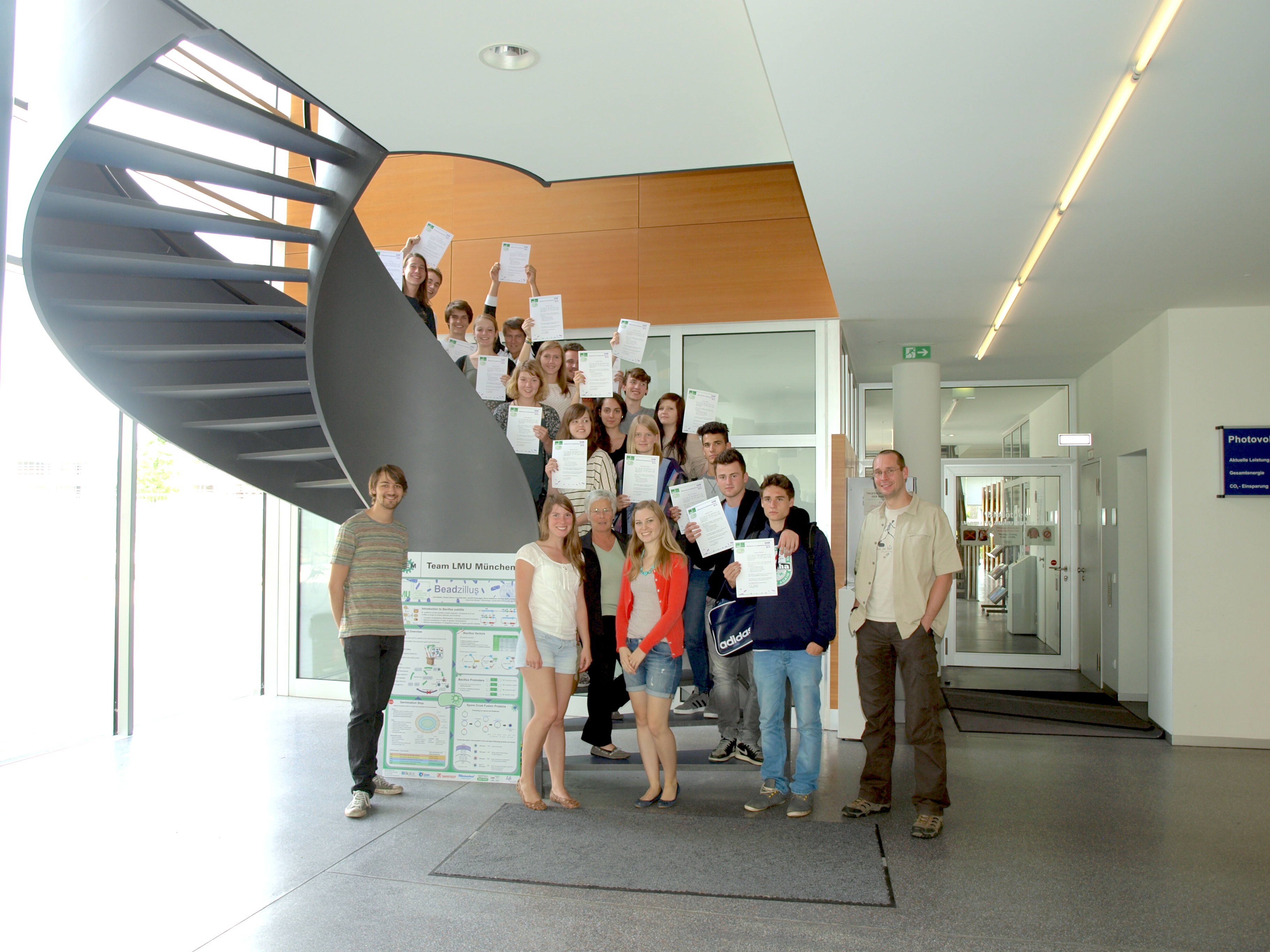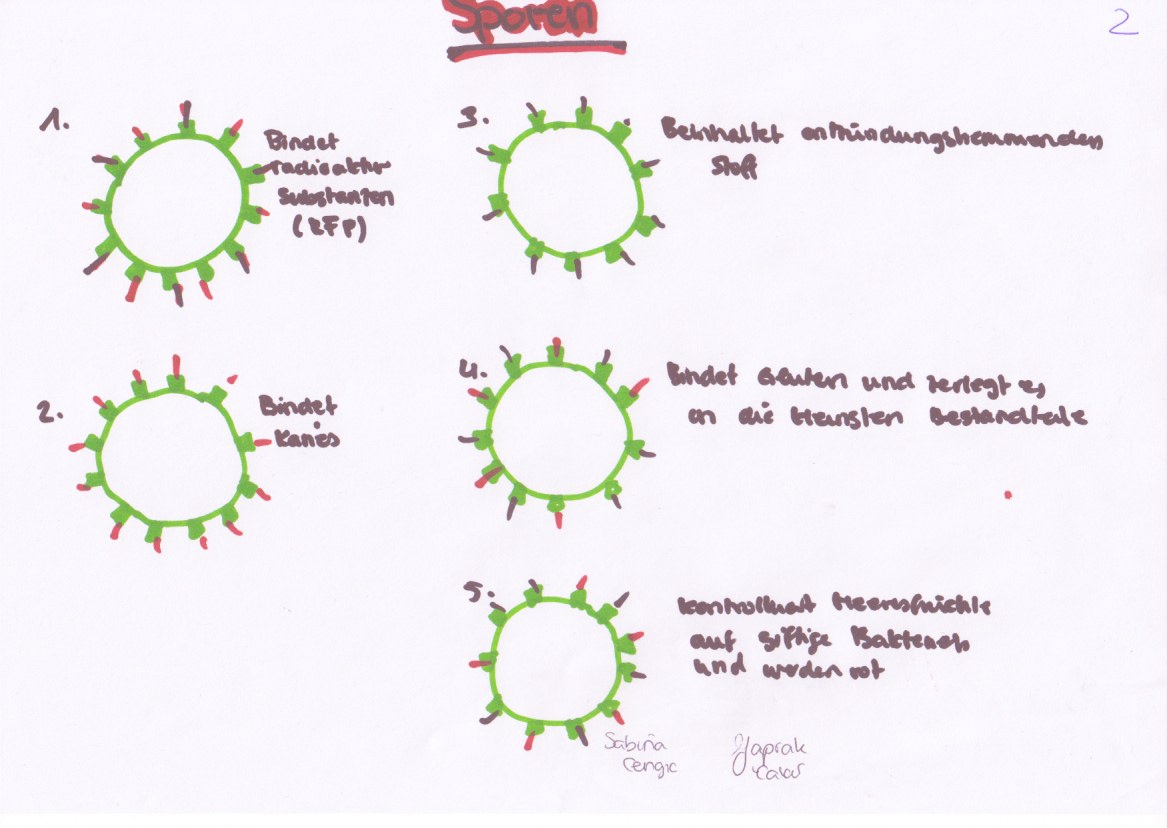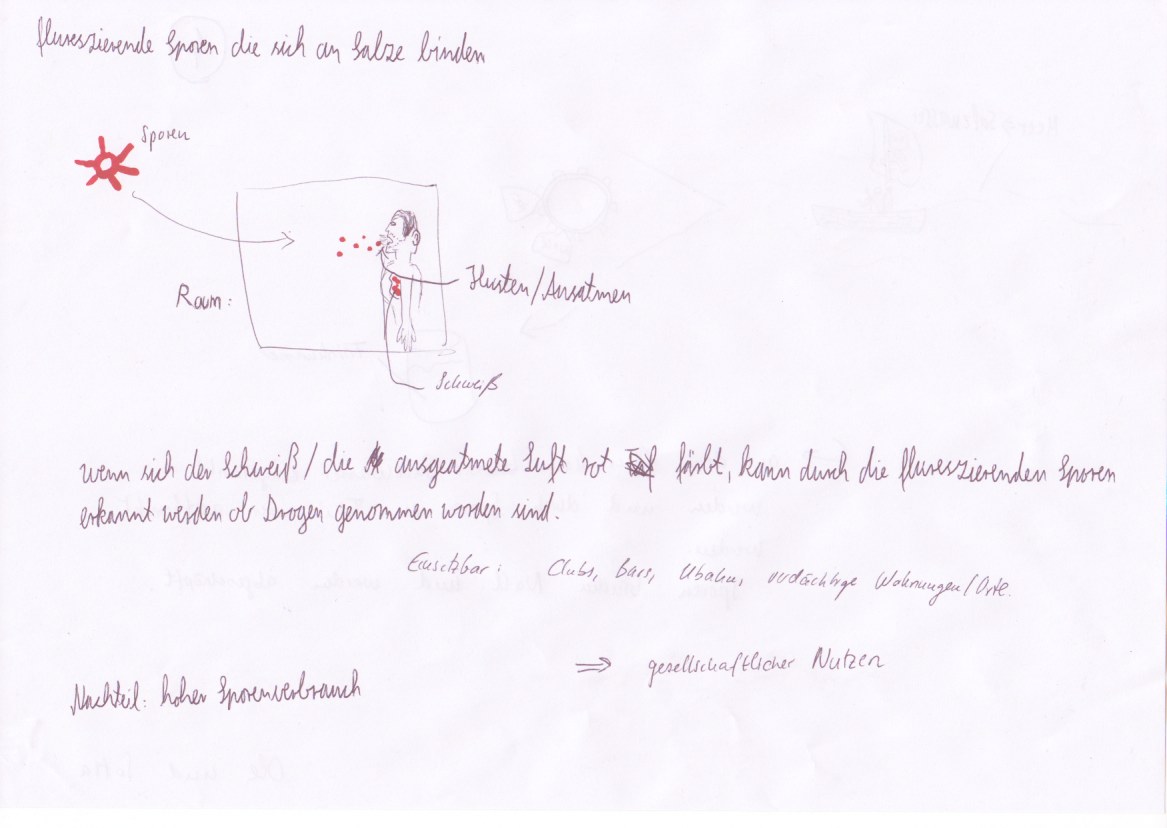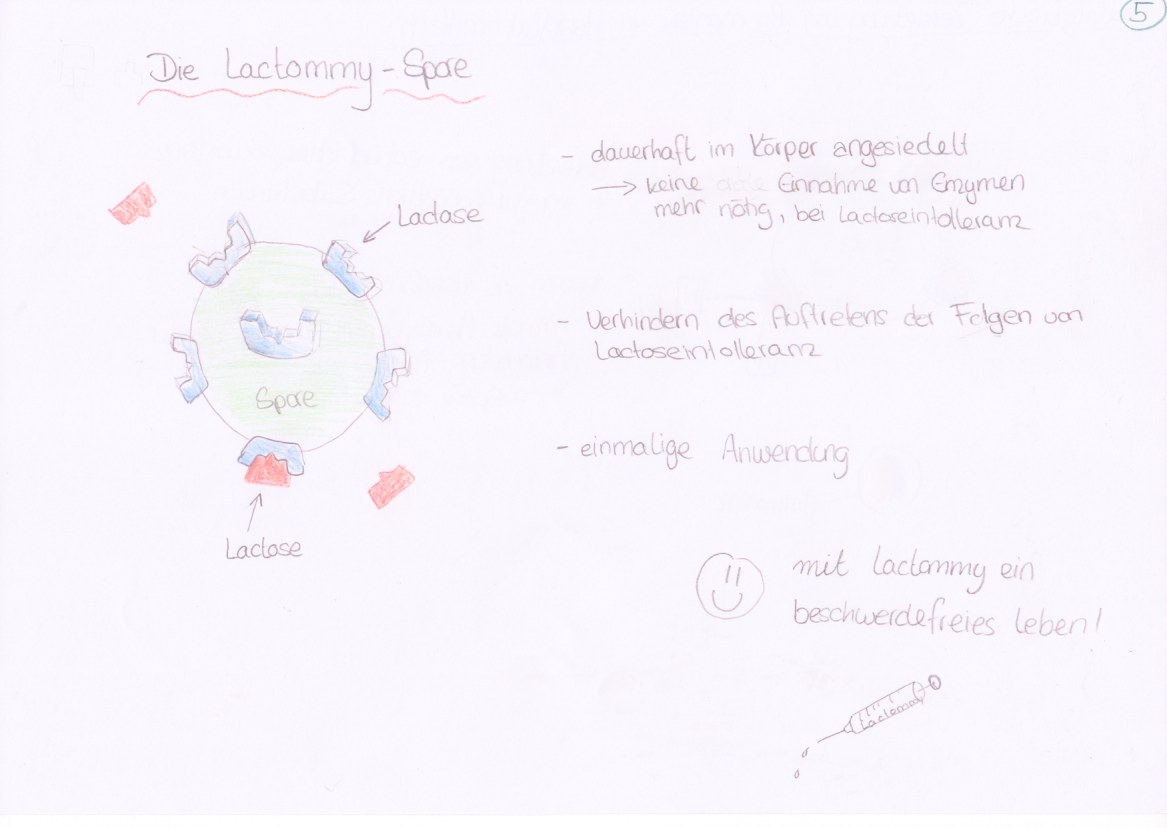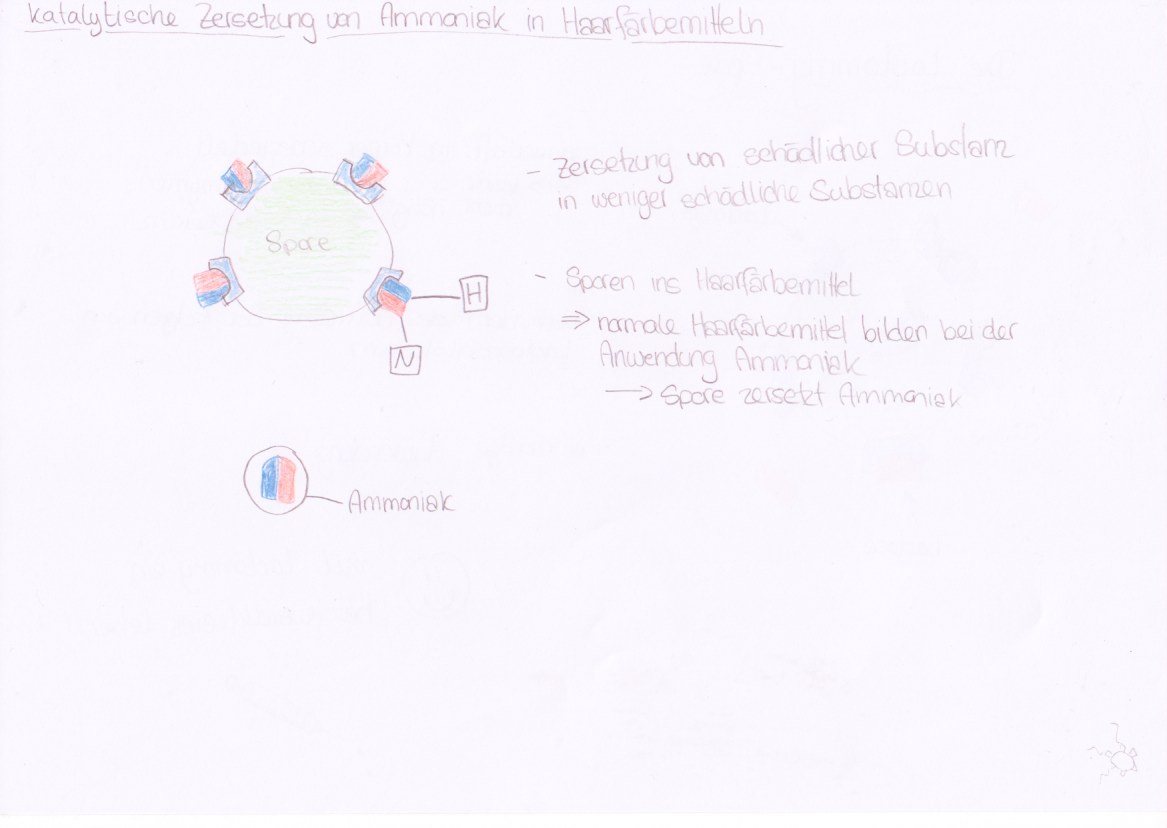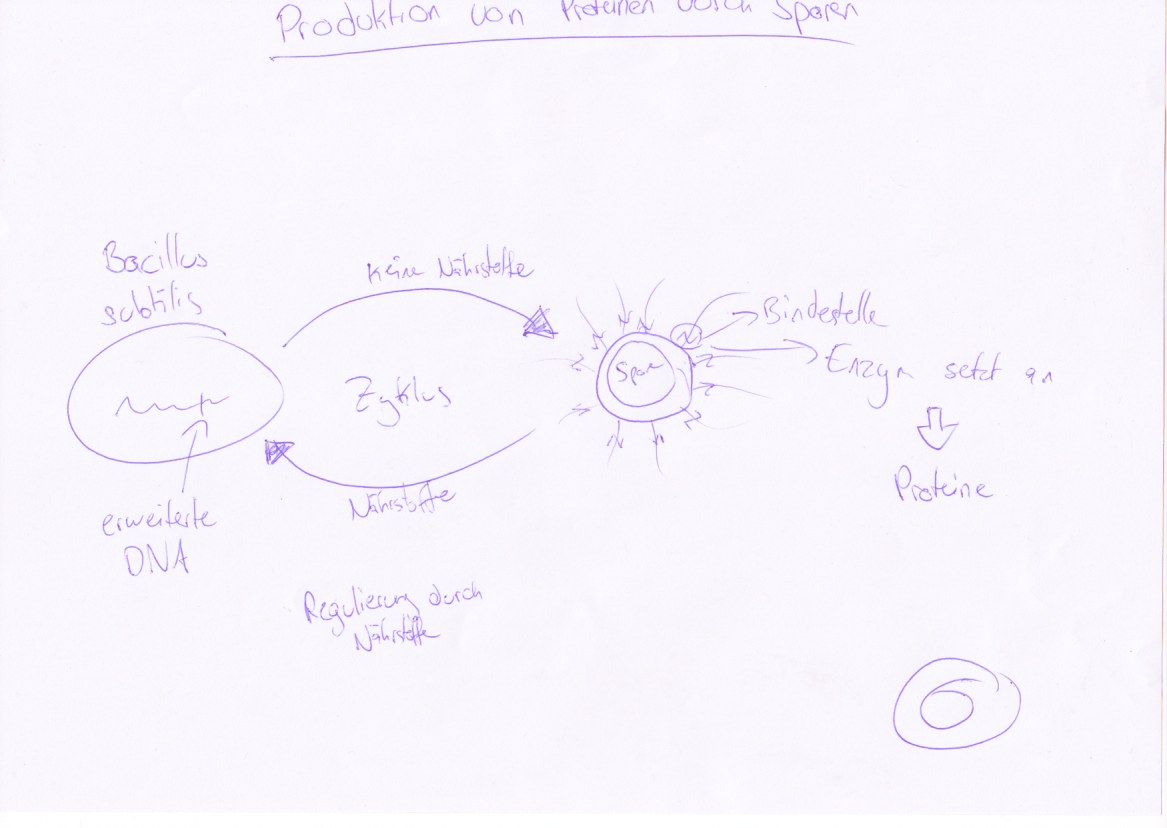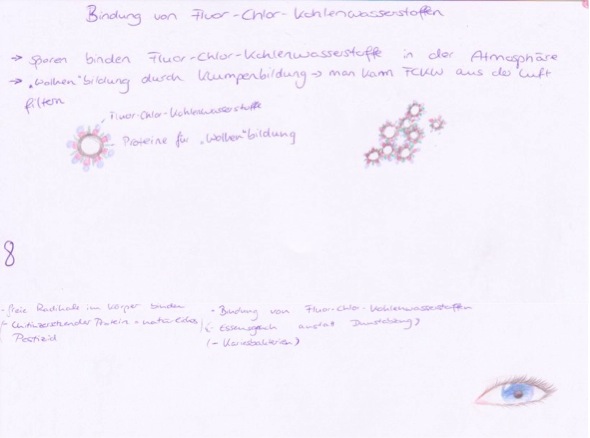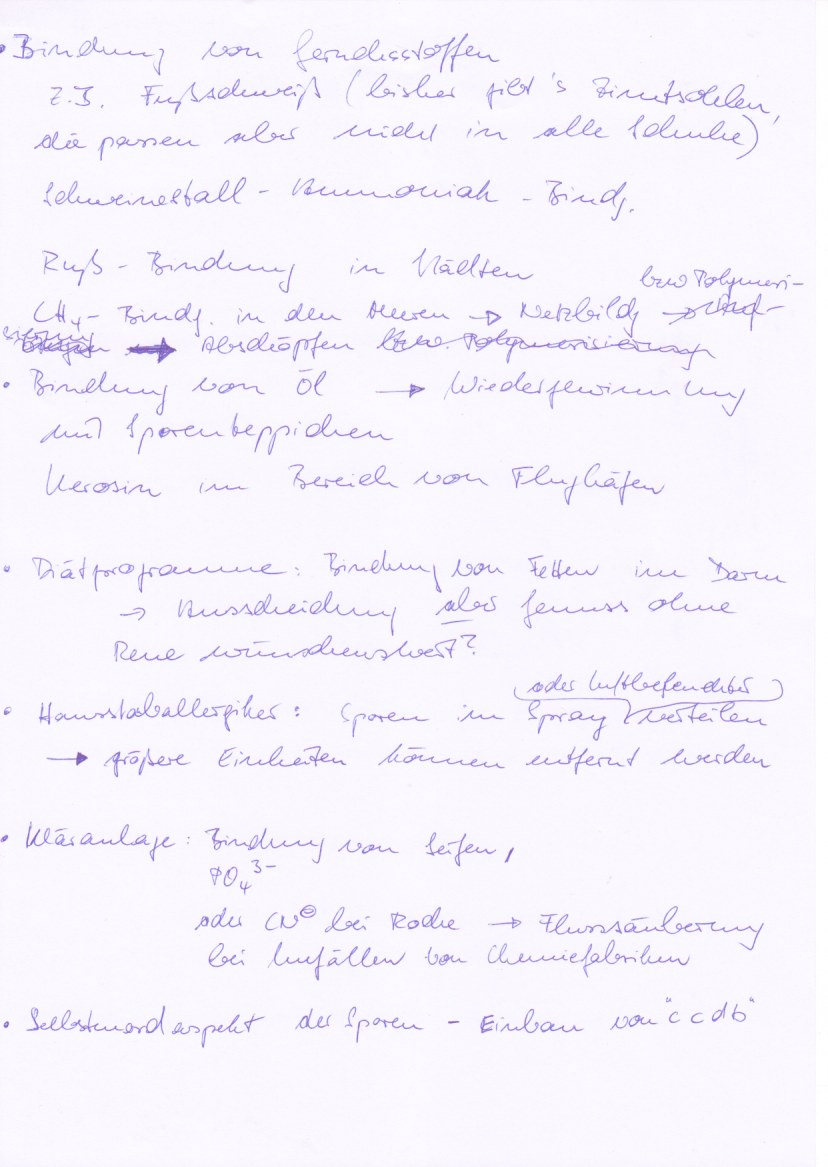Team:LMU-Munich/Human Practice/Students Practical Course
From 2012.igem.org
| Line 19: | Line 19: | ||
*[[File:LMU HS 8.JPG|650px]] | *[[File:LMU HS 8.JPG|650px]] | ||
*[[File:LMU HS 10.JPG|650px]] | *[[File:LMU HS 10.JPG|650px]] | ||
| - | File:LMU HS 11.JPG | + | *[[File:LMU HS 11.JPG|650px]] |
| - | File:LMU HS 12.JPG | + | *[[File:LMU HS 12.JPG|650px]] |
| - | File:LMU HS 13.JPG | + | *[[File:LMU HS 13.JPG|650px]] |
| - | File:LMU HS 14.JPG | + | *[[File:LMU HS 14.JPG|650px]] |
</div> | </div> | ||
| - | |||
| - | |||
| - | |||
Revision as of 20:37, 11 September 2012
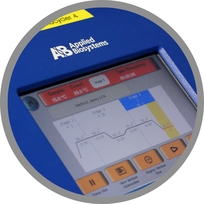
The LMU-Munich team is exuberantly happy about the great success at the World Championship Jamboree in Boston. Our project Beadzillus finished 4th and won the prize for the "Best Wiki" (with Slovenia) and "Best New Application Project".
[ more news ]

Students Practical Course
On July 27, 28, and 30, we held a 3-day practical course for 20 students from a local high school. The students were 16-18 years old, and had prior knowledge of microbiological principles. For many (or all) students though, the practical course was their first time employing many new techniques.
The concept for the practical course was to teach students the principles of synthetic biology, how to work safely in the laboratory, and how to utilize cloning as a biological tool.
The daily plan was as follows:
Friday
Introduction to laboratory safety by Professor Thorsten Mascher
Basics of cloning explained by Simon
Dilution series competition
First steps of PCR
Saturday
Cutting insert with restriction enzymes
Gel electrophoresis of PCR product
Presentation
Construction of a new plasmid with RFP
Transformation of E. coli with new vectors and plating
Monday
Checking plates for red (RFP) E. coli colonies
Introduction to synthetic biology by Professor Thorsten Mascher
Paper & glue constructs
Explanation of the LMU-Munich iGEM 2012 project
Brainstorming and presentation of student SporoBead ideas
Certificates of participation
Have a look at the creative ideas the students had about what to do with our spores:
Our thoughts
The chance to solidify our own knowledge of cloning and synthetic biology in general by teaching it to others was fantastic! We also appreciated the enthusiasm of the students, as they volunteered to participate, and did so on their summer vacation. They had creative and innovative ideas of proteins to fuse to our Sporobeads. When they left on Monday, the students had learned many new lab techniques, and about the new opportunities that synthetic biology can open up. As a kind gesture of thanks for the practical, the students and their teacher gave us a thank-you card, bottle of champagne, and bag of chocolate bars. Organizing and leading the practical was a great experience.
 "
"



